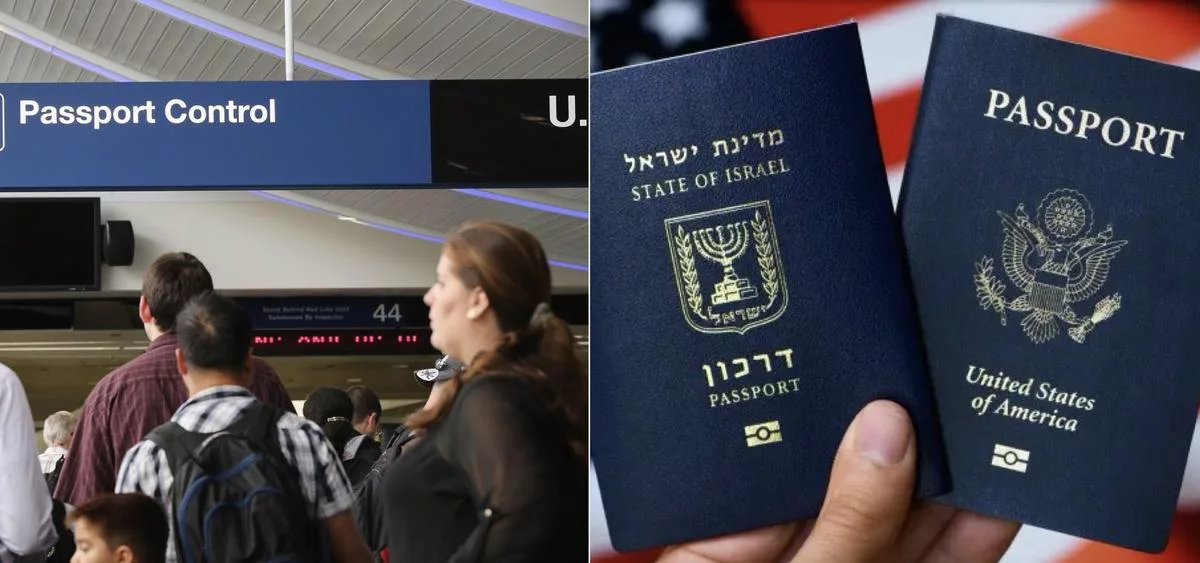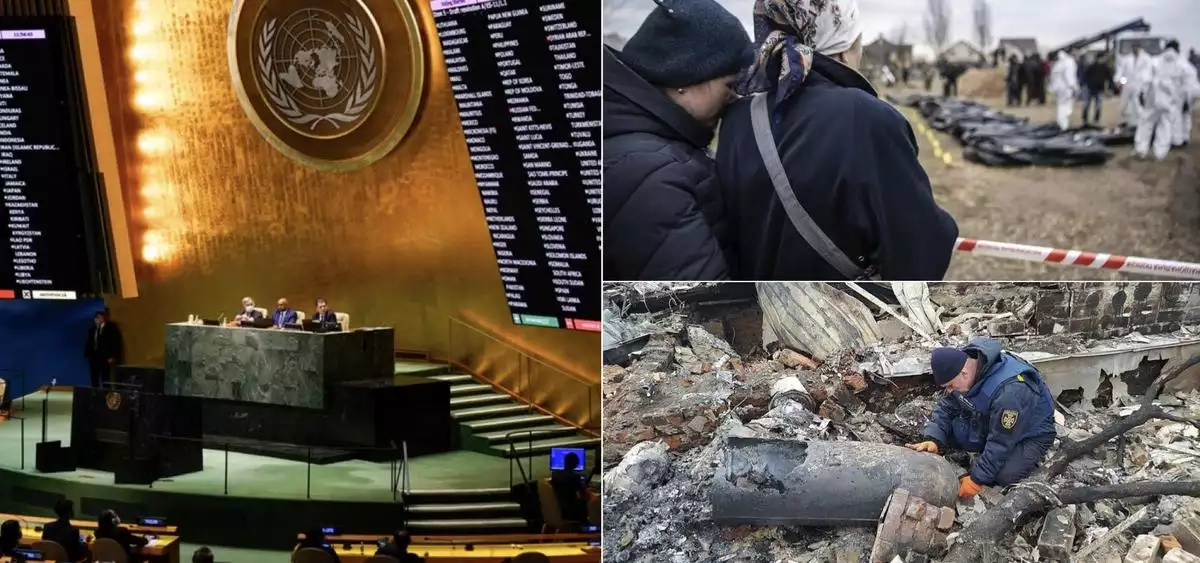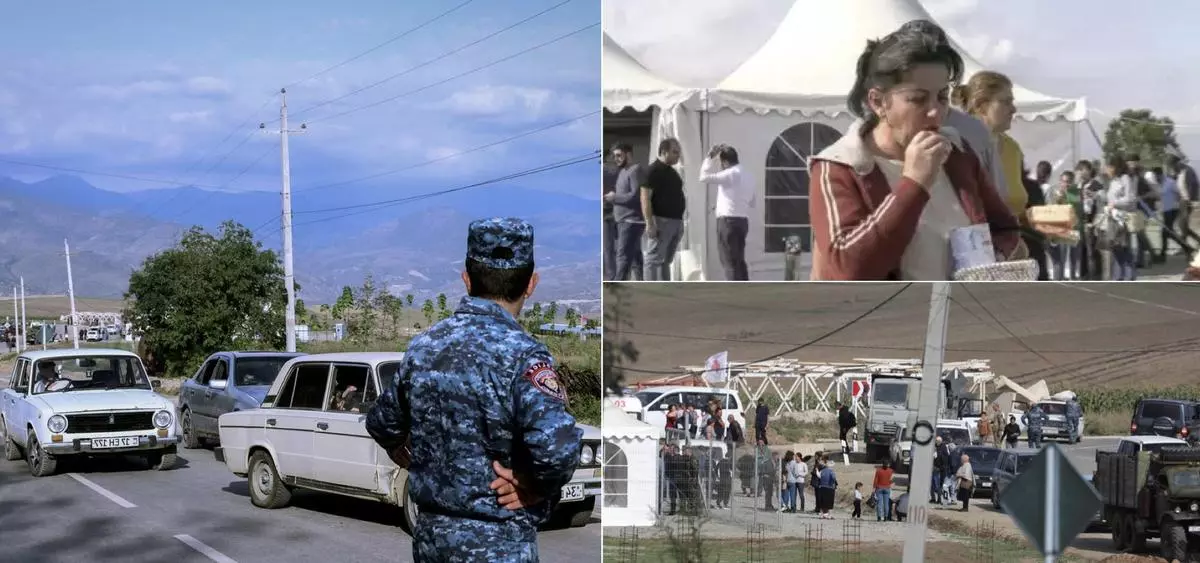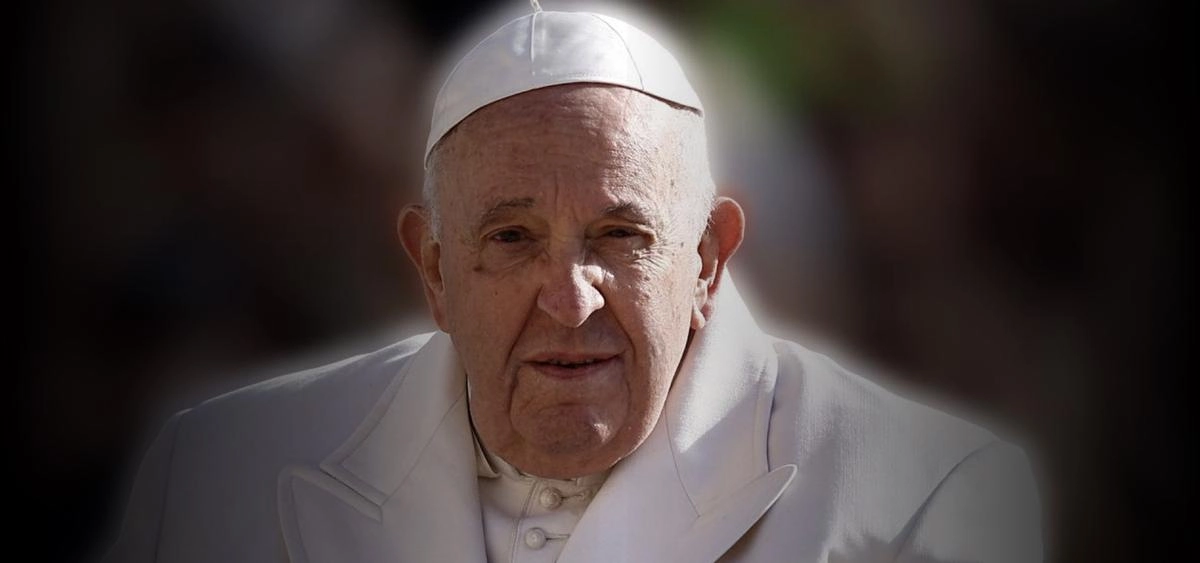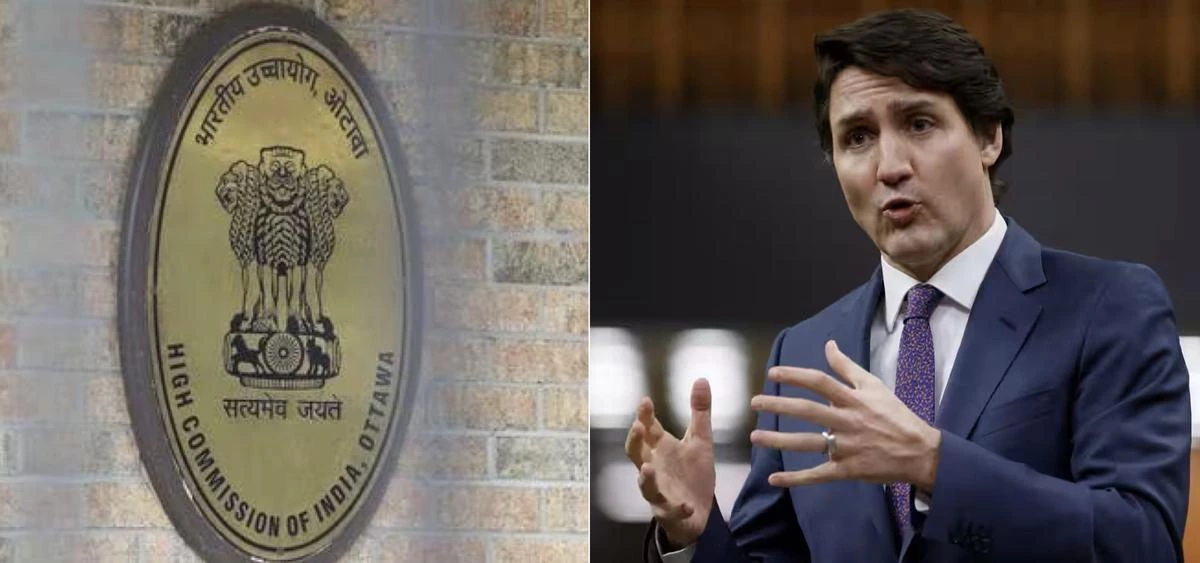France’s strategic withdrawal of troops and diplomats from Niger due to mounting anti-French sentiment following a July coup reflects a broader African policy shift
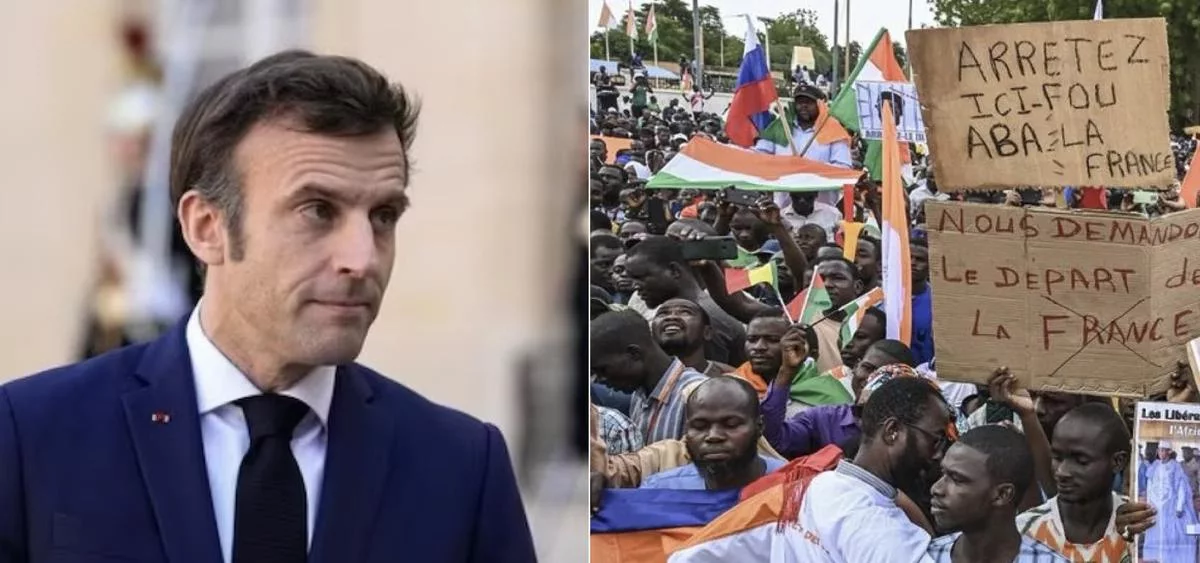
Credit: Google | President Macron
France is facing another significant shift in its African strategy, as it unveils plans to withdraw 1,500 counter-terrorism troops and diplomatic personnel, including the ambassador, from Niger. This move comes amidst a rising tide of anti-French sentiment following a military coup in July that toppled President Mohamed Bazoum.
This marks the fourth instance in under two years where France has found itself compelled to withdraw its military presence from an African nation, with previous exits from other countries significantly reshaping regional dynamics.
#BREAKING 🇫🇷🇳🇪
— Today On Globe (@TodayOnGlobe) September 26, 2023
President Macron announces France's decision to withdraw its ambassador and cease military cooperation with Niger after recent coup. #France #Niger #Diplomacy #Sovereignty #tognews #todayonglobenews #todayonglobe pic.twitter.com/w5Lm18rJStpic.twitter.com/32heV3WJOe pic.twitter.com/XOORsPV9Hp
In Mali, where French troops were initially celebrated as liberators for their role in ousting al-Qaeda-affiliated jihadists, relations soured in the wake of back-to-back coups in 2020 and 2021. The Malian public grew increasingly hostile toward France, accusing its regional counter-terrorism efforts of failing to halt the jihadists’ advance into the country’s core. Mali’s junta leaders subsequently turned to the Moscow-linked mercenary group Wagner, cementing a new alliance with Russia.
Similarly, in the Central African Republic, French troops were deployed to stabilize the nation after a period of inter-communal violence in 2013. However, they were forced to depart when the president called upon Wagner to quell a rebellion, and France became the target of a disinformation campaign allegedly orchestrated by Moscow. The final contingent of troops participating in France’s Operation Sangaris departed in December 2022.
In Burkina Faso, the junta that assumed power in September 2022 following the country’s second coup in less than a year demanded the departure of 400 French special forces stationed there in January 2023. Like Mali and the Central African Republic, the French contingent had faced growing public dissatisfaction due to its inability to counter a relentless jihadist insurgency. Burkina Faso has since initiated discussions with Russia to strengthen military cooperation.
The withdrawal from Niger presents a substantial challenge for France, particularly in its efforts to combat terrorism in the volatile Sahel region. President Macron has outlined a gradual withdrawal over the coming months, with a full exit planned by year-end. Despite not recognizing the coup leaders as the legitimate authority, Macron has emphasized France’s commitment to cooperating with them to ensure an orderly withdrawal, firmly stating that France refuses to “be held hostage by the putschists“.
Niger’s military rulers have welcomed this move as a significant step towards their nation’s sovereignty. However, a ban on French aircraft flying through Niger’s airspace poses logistical complications for the evacuation.
France’s ongoing military withdrawals from African nations signify a broader reconfiguration of alliances and shifting geopolitical dynamics on the continent. As France adapts to these changes, it must navigate a new reality in Africa characterized by the growing influence of Russia, China, and Turkey, which has the potential to reshape not only French interests but also the broader geopolitics of the region.
RELATED NEWS
WEB STORIES FOR YOU
Stay connected with Today On Globe for the latest Global Issues and News Updates.
Explore more related articles at [TOG News / TOG Article]













